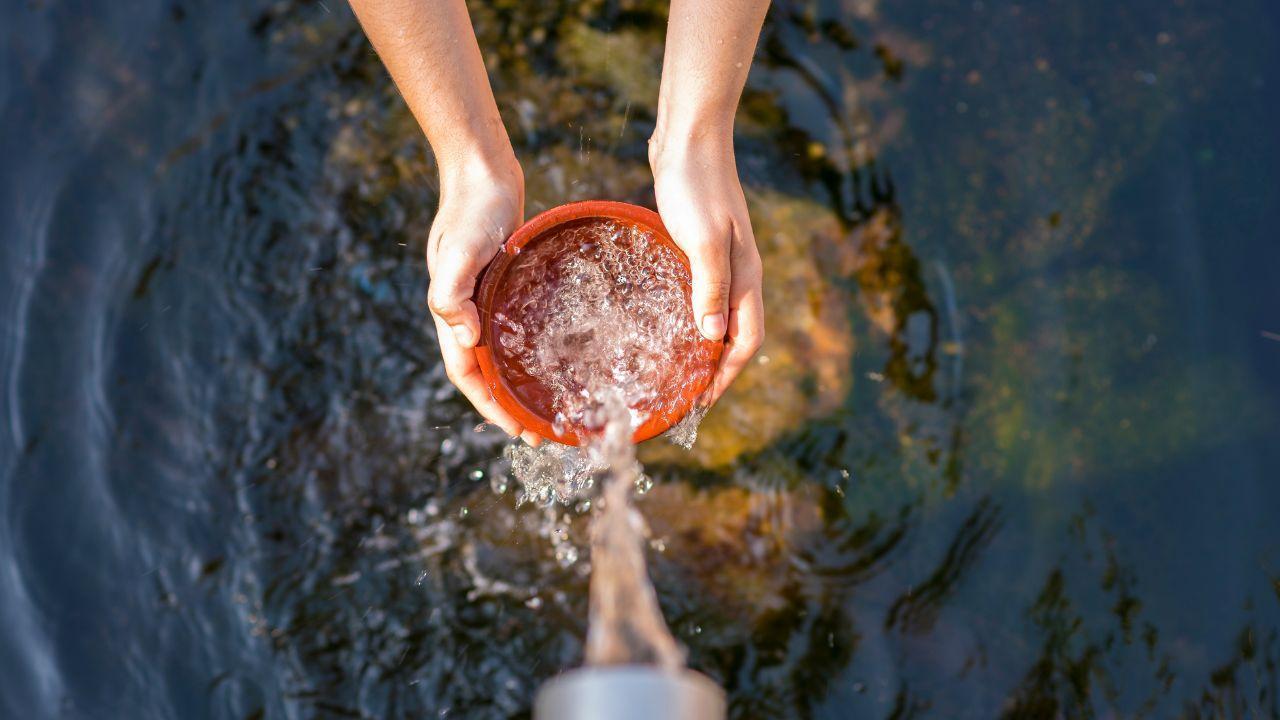
Post by : Vansh
Water is the essence of life. It sustains ecosystems, nourishes agriculture, powers industries, and meets the daily needs of billions of people. Yet, as the world faces rising temperatures, shifting weather patterns, and growing populations, the issue of water security has never been more critical. Securing tomorrow’s thirst: the global challenge of water security in a changing climate is no longer just a theoretical concern—it is a reality that demands immediate attention.
Water security refers to the ability of people and ecosystems to have access to enough safe, clean water for drinking, sanitation, agriculture, energy, and environmental preservation. True water security ensures availability, access, and quality—without jeopardizing future generations.
However, many regions around the world are already facing water scarcity, and climate change is only making the problem worse. According to the United Nations, over 2 billion people live in countries experiencing high water stress, and that number is expected to grow.
Climate change is disrupting the water cycle. Rising temperatures are altering rainfall patterns, reducing snowpack, and increasing the frequency of droughts and floods. These impacts threaten both the supply and quality of freshwater sources.
In some regions, prolonged droughts are drying up rivers, lakes, and aquifers, while in others, intense storms and flooding are contaminating water supplies with pollutants and sewage. Melting glaciers, which serve as long-term water storage in mountain regions, are also disappearing at alarming rates.
These changes not only make water scarcer but also less predictable—posing major challenges for planning, agriculture, and infrastructure.
Though water problems may feel local, the challenge is global. Countries in Africa, the Middle East, and South Asia face the most severe shortages, but even developed nations are feeling the strain.
For instance:
Cape Town, South Africa, nearly ran out of water in 2018 during a crisis known as "Day Zero."
California, USA, frequently faces droughts that affect agriculture and wildfire risks.
India’s major cities, like Chennai, have experienced water shutoffs due to over-extraction and poor infrastructure.
The Middle East, one of the driest regions in the world, faces compounded risks from population growth and limited freshwater sources.
As the global population increases, so does the demand for water. By 2050, the world is expected to have nearly 10 billion people. Urbanization adds another layer of pressure, as cities require massive amounts of water for drinking, sanitation, and industry.
In many developing nations, rapid urban growth has outpaced water infrastructure. Leaky pipes, unregulated use, and pollution contribute to inefficient systems that lose more water than they deliver.
Agriculture is the biggest user of freshwater—accounting for about 70% of global water use. But climate change is making farming more difficult. Crops need reliable water sources, and when rainfall becomes irregular or irrigation is limited, food production suffers.
Irrigation systems in arid regions are under extreme stress, and over-irrigation can lead to soil degradation and waterlogging. The challenge lies in growing enough food while using water more efficiently.
Solving the water crisis requires local, national, and global cooperation. Fortunately, there are many strategies that can help:
Countries must invest in smarter water management. This includes better irrigation techniques like drip systems, efficient plumbing in cities, and strong policies to monitor and control usage.
In water-scarce areas, desalination—turning seawater into freshwater—offers a solution, though it is energy-intensive. Water recycling for agriculture and industrial use can also reduce pressure on freshwater resources.
Capturing rainwater from rooftops and landscapes is a simple yet effective way to boost local water supplies, especially in rural or remote areas.
Preserving wetlands, forests, and watersheds helps maintain clean and consistent water supplies. Nature-based solutions can also reduce flooding and erosion.
From smart sensors that detect leaks to AI systems that predict water shortages, technology is playing an increasing role in securing water for future generations.
Lack of water affects more than just homes and farms. It also impacts:
Public health – Unsafe water leads to diseases like cholera and diarrhea.
Education – In many regions, girls miss school to fetch water.
Economies – Industries depend on water for production, and shortages can lead to job losses and price increases.
Peace and stability – Water scarcity can lead to conflicts, especially in regions where rivers and lakes cross borders.
In short, water security is tied to human rights, economic development, and global peace.
This article is intended for general informational purposes only. MiddleEastBulletin does not provide scientific, environmental, or policy advice. Readers are encouraged to consult official sources and experts before making decisions related to water security or climate-related issues.
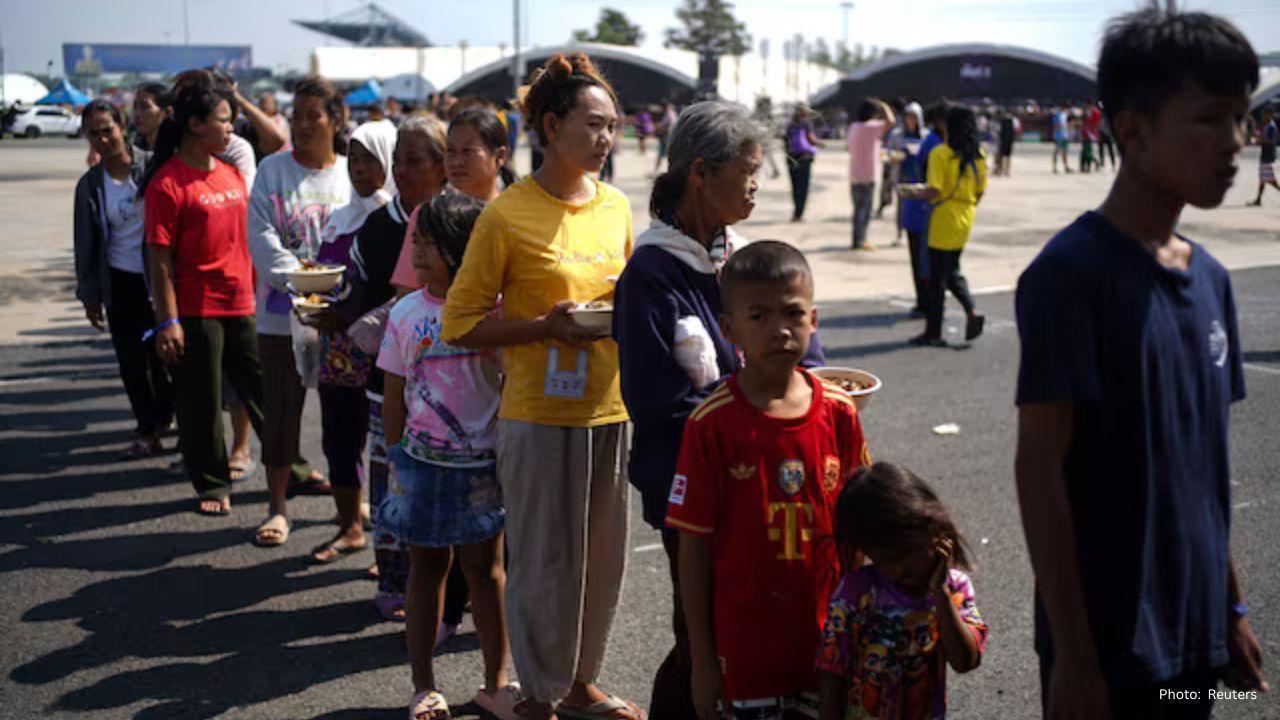
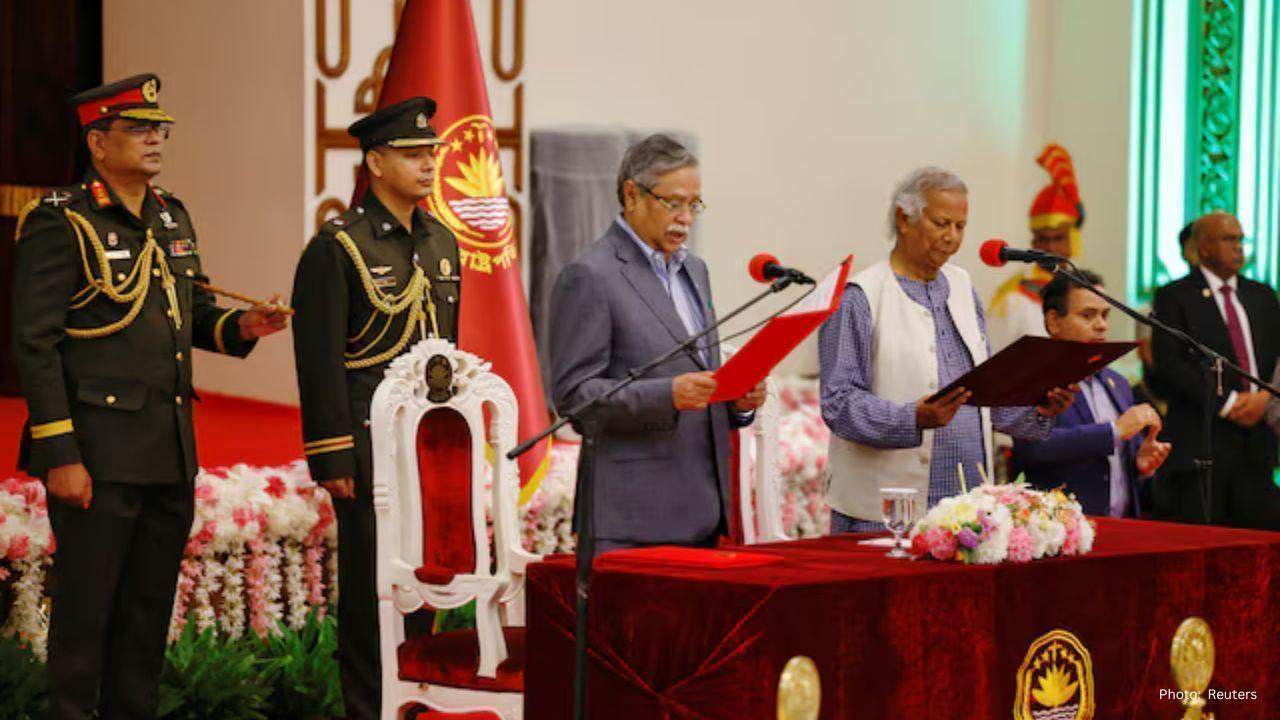

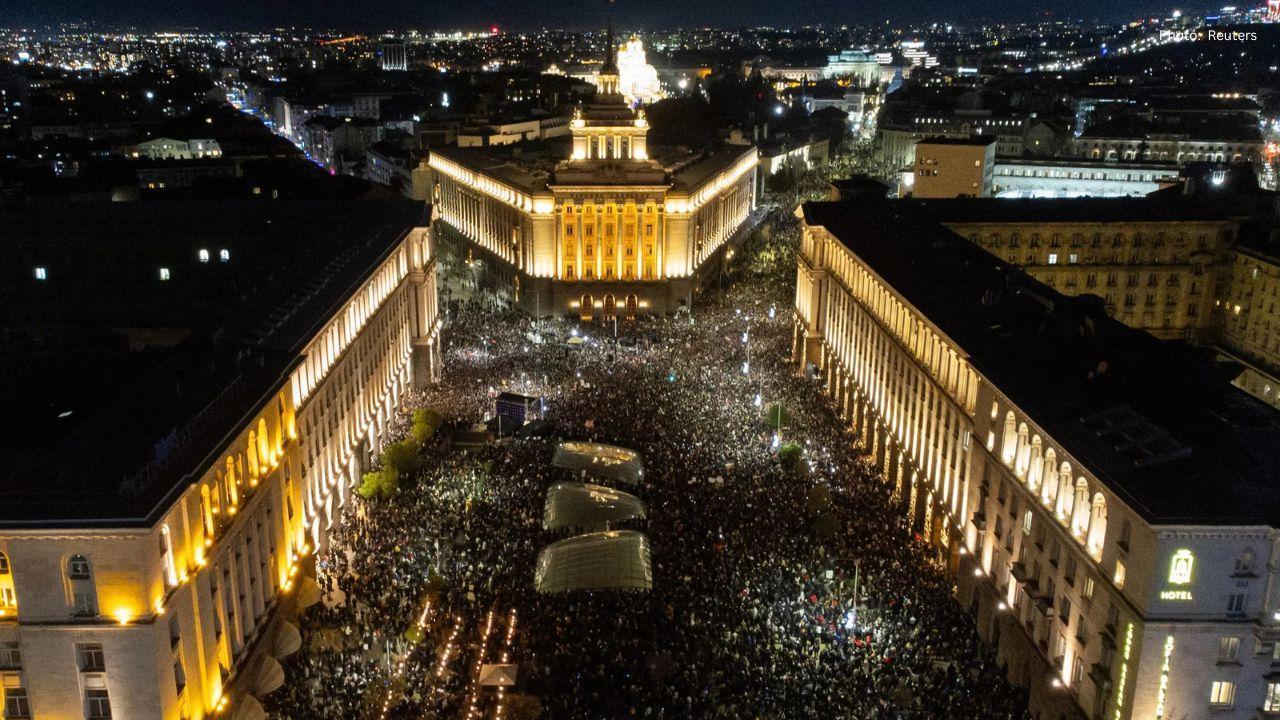
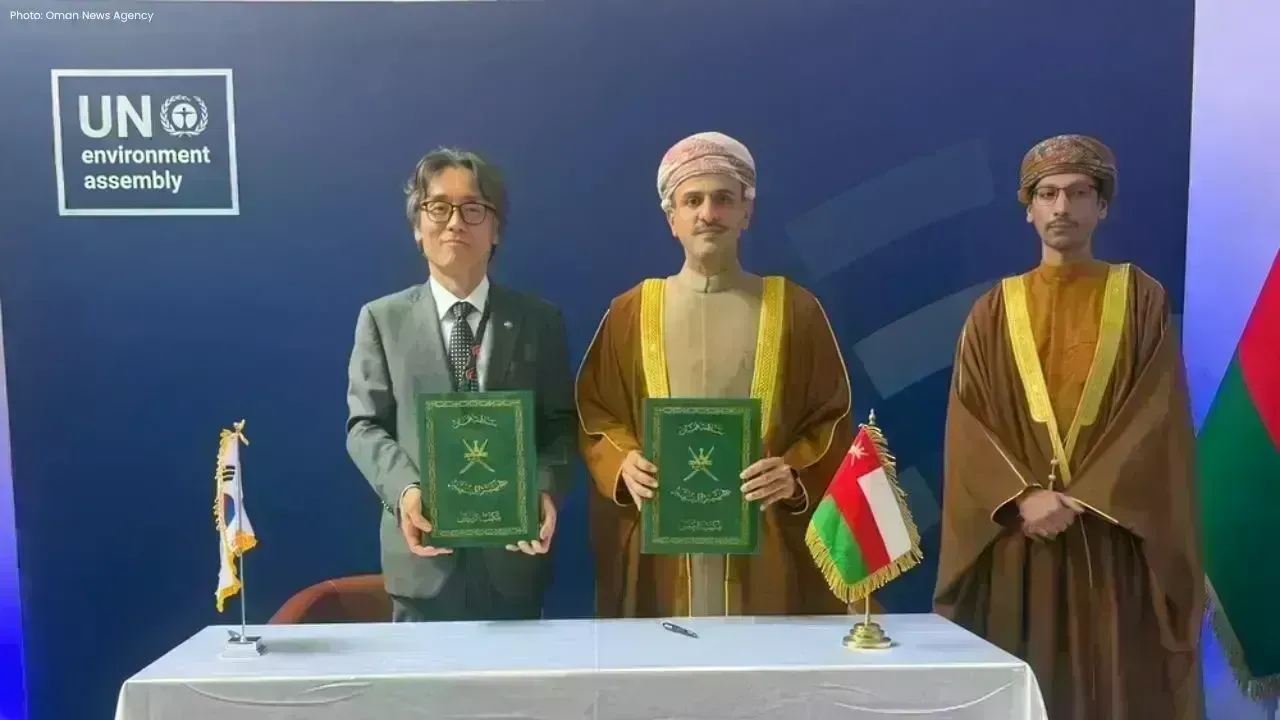

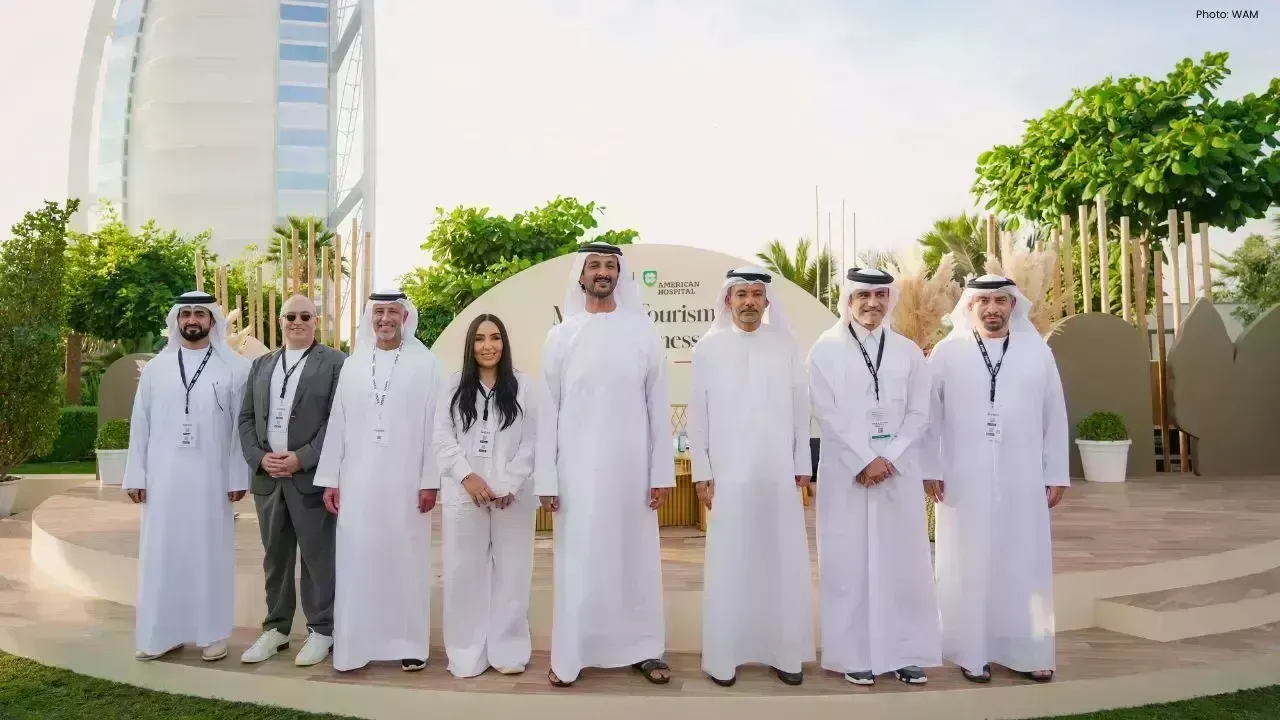
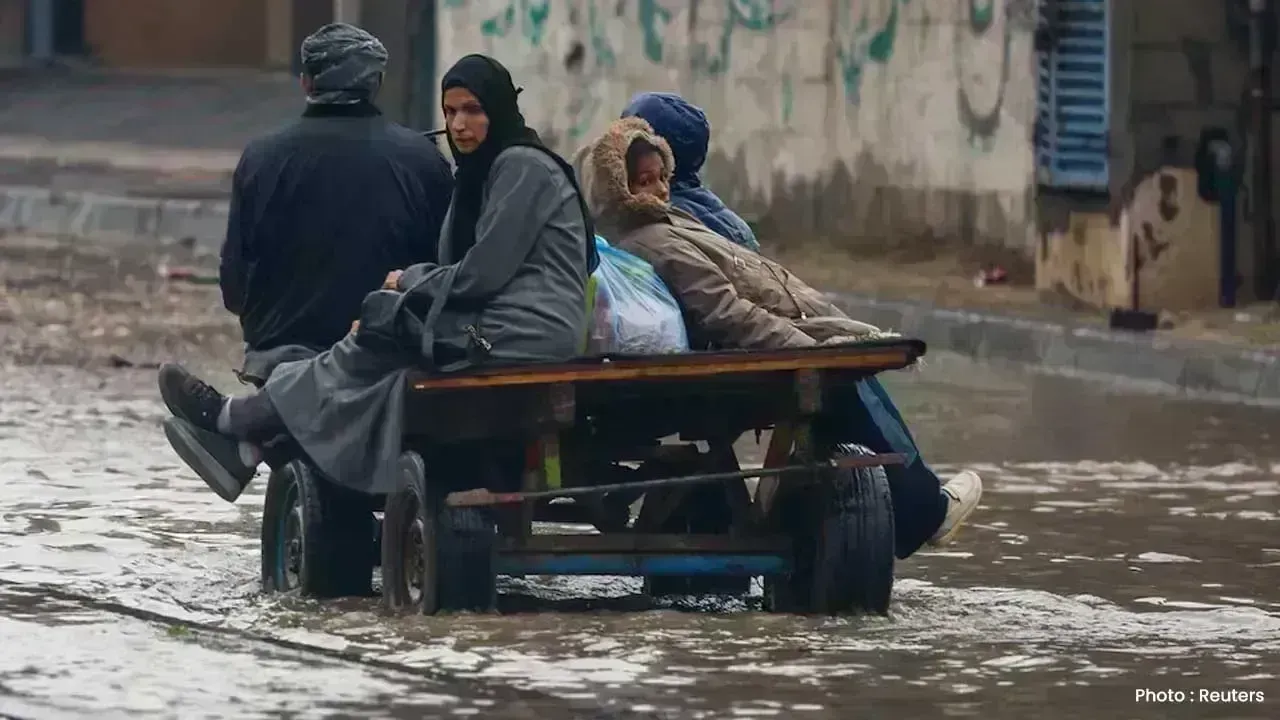


OpenAI Highlights Growing Cybersecurity Threats from Emerging AI Technologies
OpenAI has raised alarms about the increasing cyber risks from its upcoming AI models, emphasizing s

Manchester City Triumphs 2-1 Against Real Madrid, Alonso Faces Increased Scrutiny
Manchester City secured a 2-1 victory over Real Madrid, raising concerns for coach Xabi Alonso amid

Cristiano Ronaldo Leads Al Nassr to 4-2 Victory Over Al Wahda in Friendly Face-Off
Ronaldo's goal helped Al Nassr secure a 4-2 friendly win over Al Wahda, boosting anticipation for th

Landon Donovan Challenges Australia Coach on World Cup Prospects
Landon Donovan counters Australia coach Tony Popovic’s optimism for the World Cup, expecting an earl

Mercedes-Benz Forms Landmark Partnership with WTA
Mercedes-Benz and the WTA unveil a significant partnership effective January 2026, with major invest

Abhishek Addresses Divorce Rumours Concerning His Family
Abhishek Bachchan confirms that daughter Aaradhya remains oblivious to divorce speculations, focusin